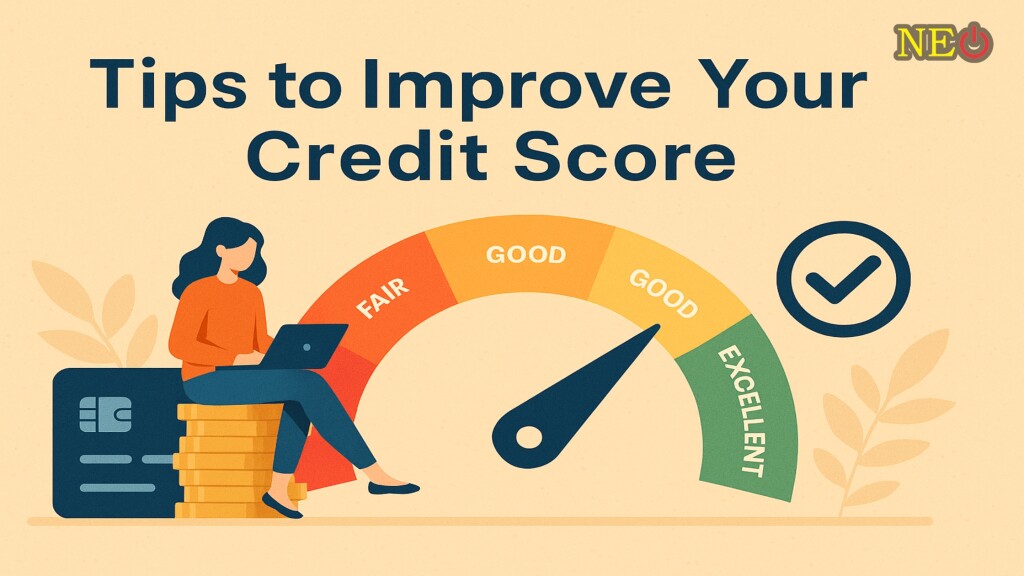Your credit score is a three-digit number that represents your creditworthiness—essentially, how reliable you are at repaying borrowed money. A good credit score can help you secure loans, credit cards, or even rent an apartment with ease. Whether you're starting from scratch or trying to rebuild, improving your credit score is entirely possible with some smart financial habits.
Why Credit Score Matters
Lenders, banks, and even landlords use your credit score to evaluate your financial reliability. A higher score means lower interest rates and better financial opportunities, while a poor score can limit your options.
Top Tips to Improve Your Credit Score
1. Pay Your Bills on Time
Timely payment is the most crucial factor in maintaining a good credit score. Set up reminders or auto-pay to ensure you never miss a due date.
2. Reduce Credit Card Balances
Aim to keep your credit card utilization (the amount you use compared to your credit limit) below 30%. The lower the utilization, the better for your score.
3. Avoid New Hard Inquiries
Each time you apply for credit, a "hard inquiry" is recorded, which can slightly lower your score. Apply for new credit only when necessary.
4. Maintain Older Credit Accounts
Length of credit history plays a role in your score. Even if you don’t use old accounts often, keeping them open can help improve your credit profile.
5. Check Your Credit Report Regularly
Monitor your credit reports for any errors or unauthorized activity. You can get a free credit report once a year from each of the three major bureaus.
6. Diversify Your Credit Mix
Having a mix of credit types—such as credit cards, loans, or a mortgage—can have a positive impact on your score if managed responsibly.
7. Pay Off Debt Strategically
Use methods like the snowball or avalanche method to pay off debts faster. Paying off loans or cards lowers your debt burden and improves your score.
Final Thoughts
Improving your credit score isn’t something that happens overnight, but consistent effort can bring results. Responsible credit behavior, timely payments, and smart financial planning will gradually raise your score and open more financial doors for you. Remember, good credit is not just a number—it’s a powerful tool for your financial future.









